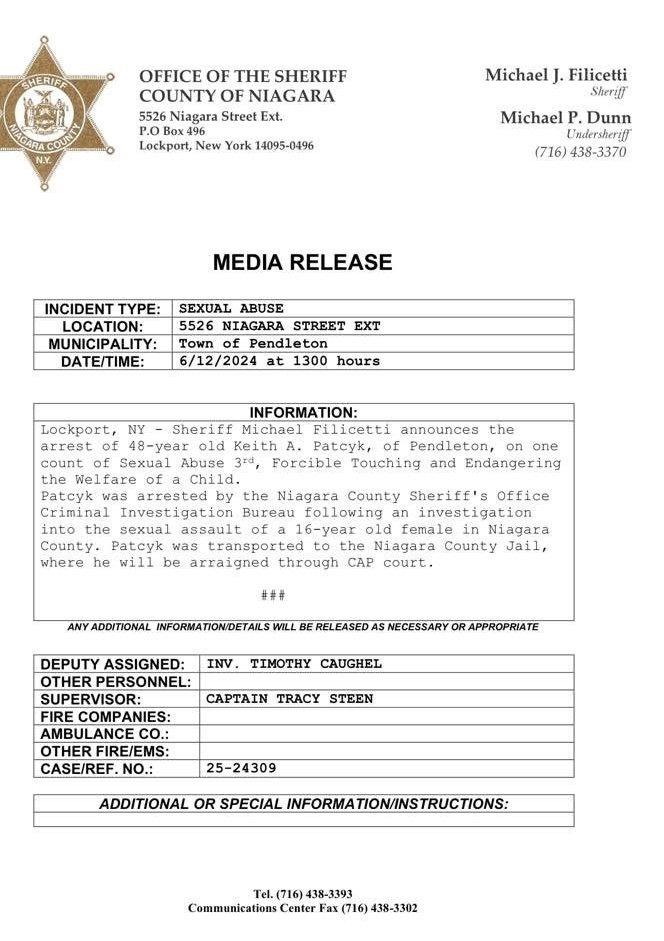When the Headlines Hit Home
It’s a strange and gut-wrenching thing to see a familiar name in a press release like this one.
I knew him.
And now I’m reading that he’s been arrested for sexually abusing a child.
When I first saw it, my stomach dropped. But the real unraveling didn’t happen until I made the mistake of reading the comments.
“He’s such a great guy.”
“Innocent until proven guilty.”
“There’s no way he would ever do something like that.”
Those words hit like a punch to the gut—because I’ve heard them before. About my abusers. About the people who hurt me.
And I didn’t just hear them whispered—I saw them splashed across Reddit threads and Facebook groups, entire conversations filled with strangers confidently dissecting my story, my credibility, my character. People who have never met me, never sat with me, never listened—spinning theories from behind a screen, acting as if they know my life better than I do. All while I was just trying to survive and heal.
It is enraging. Not just because of what’s being said, but because of what it reveals: a society more eager to defend a familiar face than believe a child.
Disclosing abuse is not easy. It is not attention-seeking. It is not casual. I have distinct, vivid memories of trying to talk to the police—begging someone to see what was happening. Sitting in an emergency room waiting for a SANE exam after being sexually assaulted, my body numb, my voice shaking, my soul shattered. That process—the exams, the interviews, the re-telling—is excruciating.
If you haven’t been through it, you have no business commenting on it.
I know the data: false reports of child sexual abuse are incredibly rare. And yet, every time a child speaks up, we see the same script play out. People leap to defend the accused because he’s “such a great guy,” while the child is left to navigate an avalanche of doubt, shame, and fear.
This is why survivors stay silent.
Because we know what’s waiting for us if we speak.
So when I see someone finally brave enough to tell, and I watch the world rush to defend the person accused instead of the child who came forward—I feel the fire rise in my chest. Not just for my own story, but for every survivor I’ve met who’s endured the same disbelief.
To the child who disclosed: I believe you. I know how hard it is to do what you did. You are not alone.
To those reading: Your first instinct doesn’t need to be public commentary. Take a moment. Learn. Ask yourself what your words could do to someone watching—someone who hasn’t spoken yet, who’s trying to decide whether it’s safe to tell.
And to every survivor who's read the comments and felt the sting of disbelief: I see you. I hear you. You’re not wrong for feeling enraged. You're not alone in this.
This is why Mezzo Allies exists. To fight for a world where survivors are heard the first time. Where “he seemed like such a good guy” is no longer the end of the conversation.
—Kait
